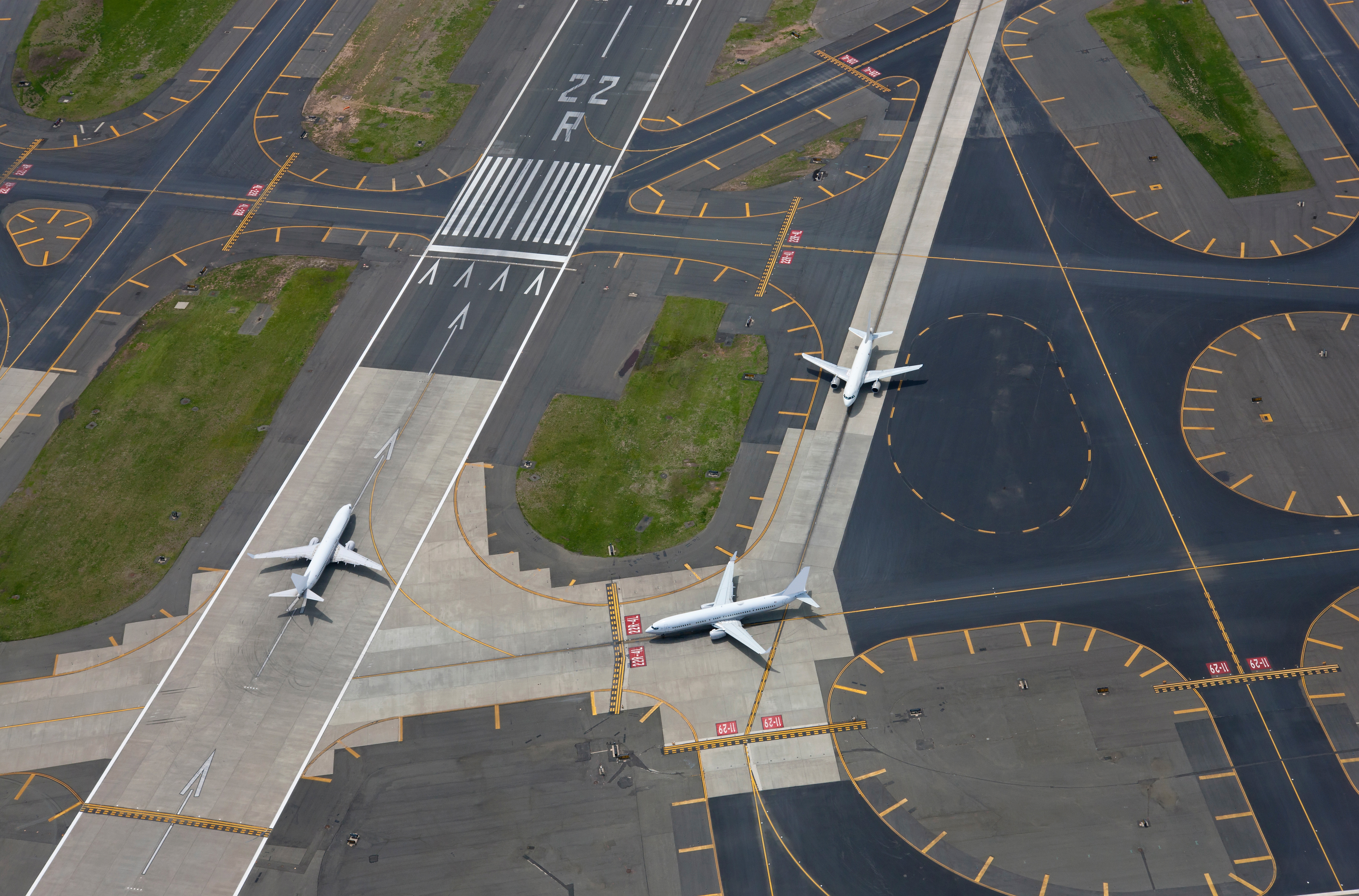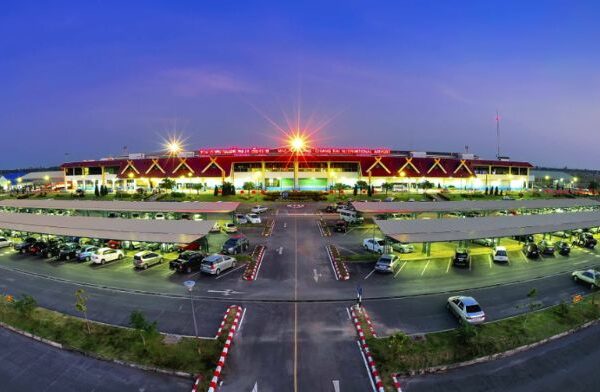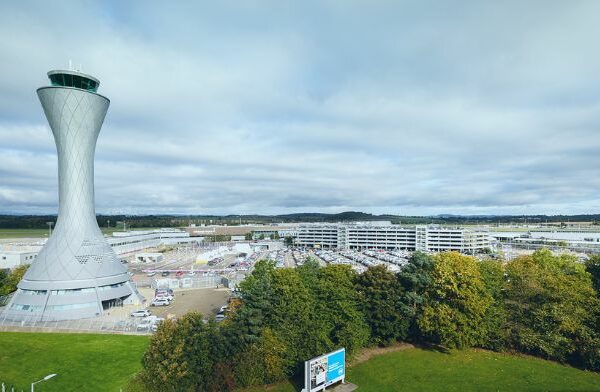


Aviation fuel giant Shell plans to produce around 2 million tonnes of sustainable aviation fuel (SAF) a year by 2025. It also aims to have at least 10% of its global aviation fuels sales as SAF by 2030.
“Currently, SAF accounts for less than 0.1% of the world’s use of aviation fuel. We want to help our customers use more SAF,” said Anna Mascolo, President of Shell Aviation. “With the right policies, investments and collaboration across the sector we can accelerate aviation’s progress towards net zero by 2050.”
Last week saw Shell take a final investment decision for a new biofuels plant at its Rotterdam Energy and Chemicals Park. The facility will have the ability to produce 820,000 tonnes of low-carbon fuels per year, including SAF. Shell also offers certified nature-based carbon credits to offset emissions, and is exploring other ways to help aviation achieve its net-zero goals, including hydrogen power.
The company has also now published two reports looking at how the aviation sector can accelerate its progress towards decarbonisation.
Decarbonising Aviation: Cleared for Take-Off is a joint report between Shell and Deloitte based on the view of more than 100 aviation industry executives and experts. It outlines 15 ways to reduce emissions between now and 2030 that will help aviation to reach net-zero by 2050.
Shell’s companion report – Decarbonising Aviation: Shell’s Flight Path – outlines how Shell, as one of the world’s largest suppliers of aviation fuel and lubricants, can help its customer decarbonise. It highlights Shell’s ambition to produce 2 million tonnes of SAF a year by 2025. Achieving this goal will make Shell a leading global producer of SAF and support the decarbonisation of the aviation sector.
Advocating for a comprehensive regulatory regime to accelerate the decarbonisation of aviation, Shell has been calling for an supply supports the introduction of ambitious and feasible SAF blending mandates.





